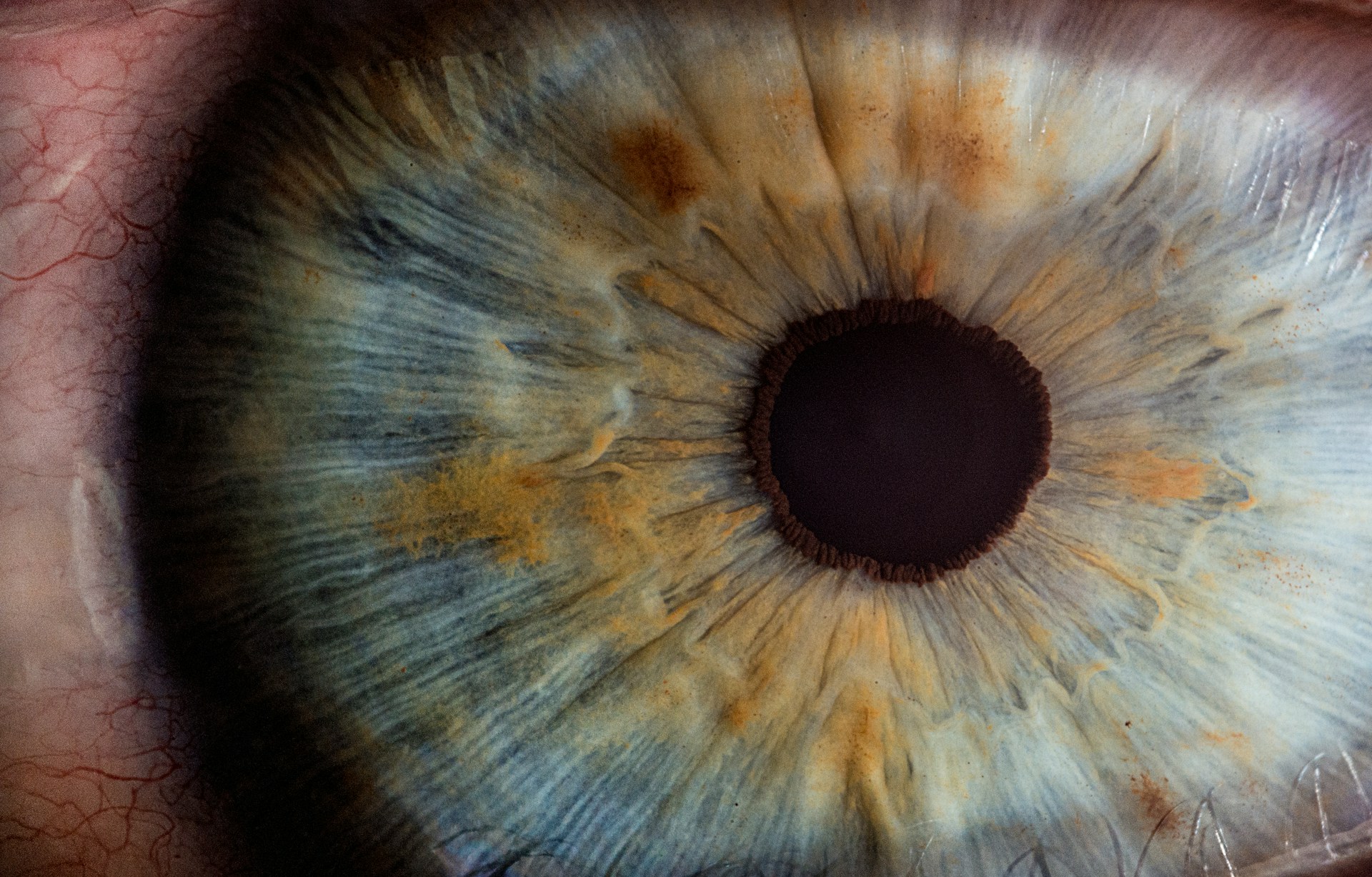by R.L. Summerling
The person on top of the fell watched me, their silhouette a dark incision in the gloaming. It had been one of those winter days when the sun never rose.
“We’d better be getting back.” Giffard warned. “Dinner is at 5. Might be a better day for Pendle Pike tomorrow though.”
I couldn’t see it, but I knew the mountain lurked behind the cloud cover. Even without the sun, its shadowed loomed over us.
A flock of starlings twisted in the air. When I looked back, the silhouette had vanished.
The atmosphere at the guesthouse was sour. The owner informed us her husband had gone missing last night. Giffard pointed out the inclement weather, suggested that he could have taken refuge in Ebbdale or one of farms beyond the peaks.
She nodded absently, worrying at a small silver cross pendant, her red-rimmed eyes demanding I too address her sorrow. What else was there to say?
I could not compound her worry with the scores of disappearances we’d heard about along the way here, Ashmere, Corswick, Kirkby Ridge — every village we stopped at. Those few who had returned were all dead. A barman in Corswick confided in us that the corpses had been hollowed out. Just piles of skin, he said, flapping in the wind like deflated balloons.
“She should’ve just cancelled our booking.” I whispered to Giffard at dinner as he shoveled gravy-covered potatoes into his mouth.
“Maybe she can’t afford to turn away business. And I’m glad she didn’t. I don’t fancy trying my luck in a bivouac this time of year.”
I drained the last of my beer and picked up my backpack.
“I’m going up to the room to change.”
Giffard nodded, returning to the creased pages of a local guide.
I kicked off my walking boots and closed my eyes, only intending on resting for five minutes. I woke thrashing against the paralysis of sleep, convinced I must be back in the restrains of the clinic — the smell of must and fried food pervaded the guesthouse, a scent that took me right back to that terrible place. Each of the six months I spent there festered within me like a cancerous mass; each day of treatment had been more than anyone should have to bear. Those memories were a wound that would never heal.
Sharing a room with Giffard was its own kind of confinement, I joked to myself as my eyes adjusted to the dim light creeping under the doorway that illuminated termite mounds of books. He had not returned yet and I assumed he was counting on me to be asleep by the time he did. I lay on the bed and pulled the duvet around my chin, lost in the whorls of the stucco ceiling. I would not think of the silhouette. I did not see it.
I had just begun to drift off once again when I heard something strange, glass on wood. The house was old and floorboards warped creating unnerving geometries. The object rolled from beneath the ill-fitting doorway to a spot under my bed. I looked down and saw a glass eye nestled against a spare pillow I’d discarded there. It was cracked and, as I picked it up, a splinter of glass lodged itself into my thumb. I winced. The eye bore into me with unblinking blueness and all I could do was stare right back.
The next day the weather had cleared and so we attempted Pendle Pike again, the bone white winter sun on our backs. After walking all morning, we came across a small stone chapel on the southern flank of a valley. Giffard, whose love of Norman architecture outweighed his atheism, insisted on us visiting. Inside we found a Spartan chapel except for a statue of Saint Lucy at the altar, rendered in unnerving detail, gazing out into the empty pew with one familiar blue eye; the tears of blood running down her face glistened in the candlelight. The void, where her other eye had been freshly gouged out, beckoned me into its abyss.
When we emerged, the sun had slid behind the clouds. Pendle Pike bearing down on me. Deep in the scar of the valley, I saw the silhouette waiting. My throat seized, fear needling my insides, my eyes pricked with tears. Not again, god not again. Giffard gripped my arm.
“Stop looking,” he said. “People will be able to tell that you’ve seen it.”
When we got back to the guesthouse that evening, the owner was waiting for us. As Giffard recounted our hike swiftly and I did everything I could to make my behaviour seem balanced, sustaining eye contact and smiling at the correct intervals. Giffard asked if there had been any news about her husband and then, unbidden, the memory of the silhouette appeared in my mind. I felt myself losing the thread of the conversation and, gradually, the owner’s awareness of my condition became apparent. She looked at me as if I had trailed mud into her home. I did not choose this I wanted to tell her. Screams echoing down the clinic’s corridor slashed through my memory. I could not go back there.
A little paper cross had been slid under the door of our room, the lord’s prayer scribbled on it in a trembling cursive as if a spider had crawled across the page. The owner had a penchant for leaving religious ephemera in our room, I explained, pointing to the glass eye on the dresser. Giffard crushed the cross in the palm of his hand.
“I’m certain she will have reported you. We’ll have to leave first thing.”
I began to pack up my things silently; various permutations of how the next few days would pan out playing through my head. Giffard piled books into his trunk with uncharacteristic neglect until he could no longer restrain his anger.
“Why did you have to look at it, Matthias? Didn’t you learn from last time?”
I picked up the glass eye from the dresser and held it up, the cracked gaze of Saint Lucy splintered in the light. Everything was fracturing around me; I would have to run.
R.L. Summerling is a writer from South East London. In her free time she enjoys befriending crows in Nunhead Cemetery. She has stories with Ghost Orchid Press, Seize The Press, Bear Creek Gazette and forthcoming with Diet Milk and in Apex’s Strange Libations anthology. You can find her at rlsummerling.com and on Twitter @RLSummerling.



Add your first comment to this post